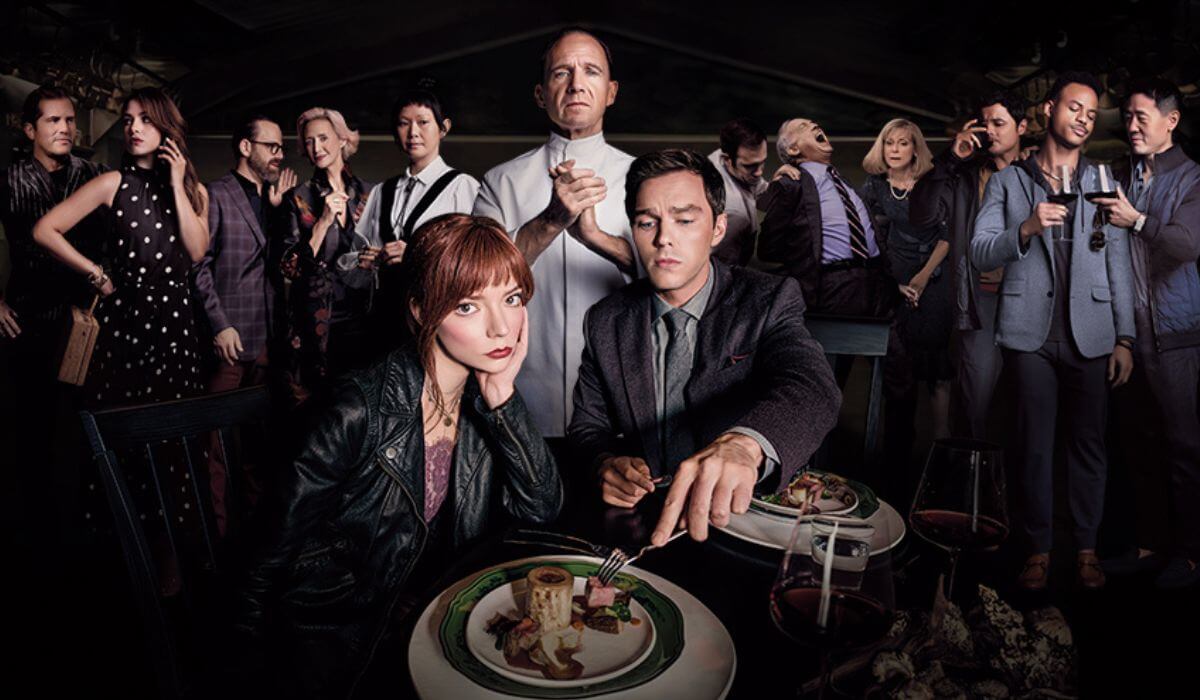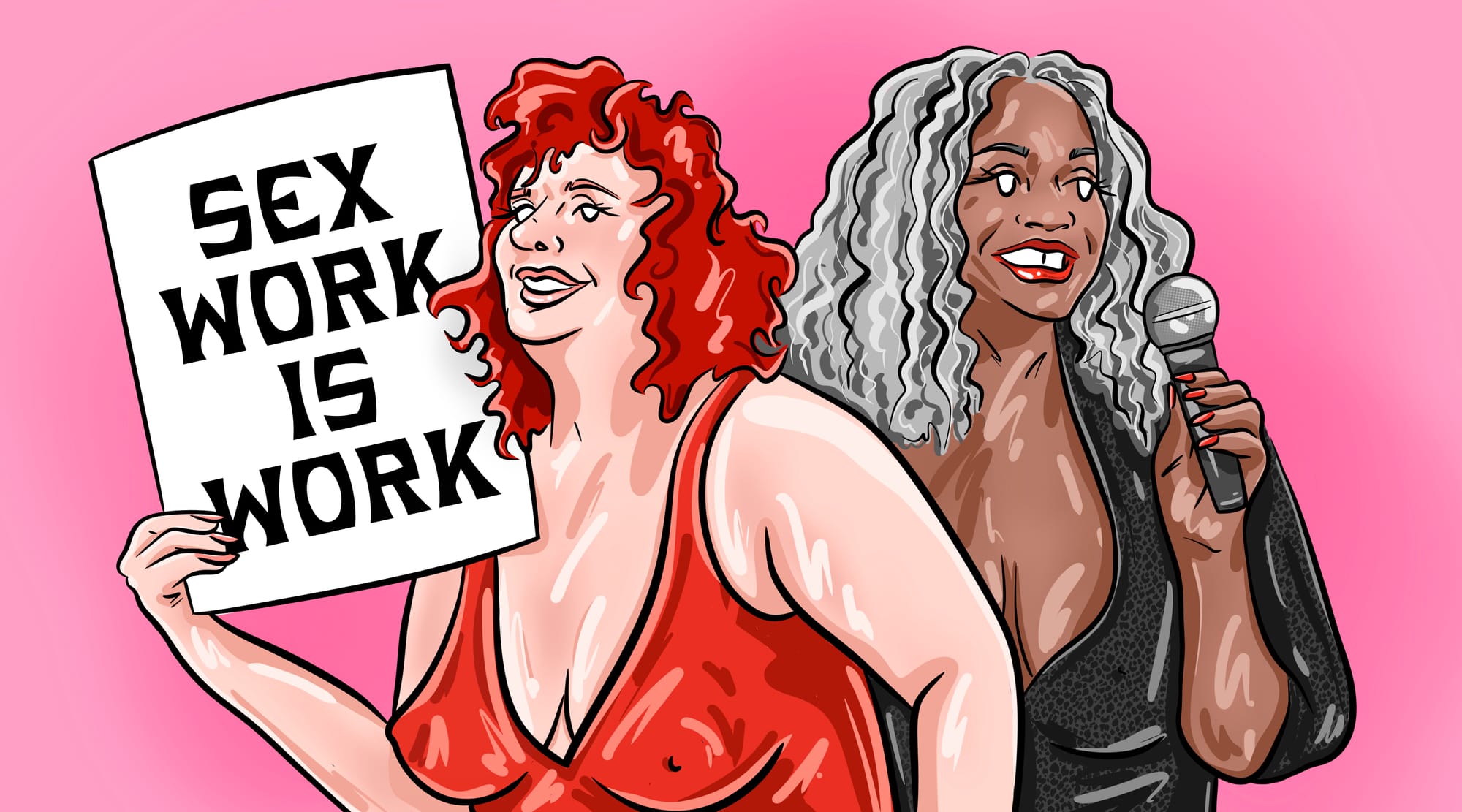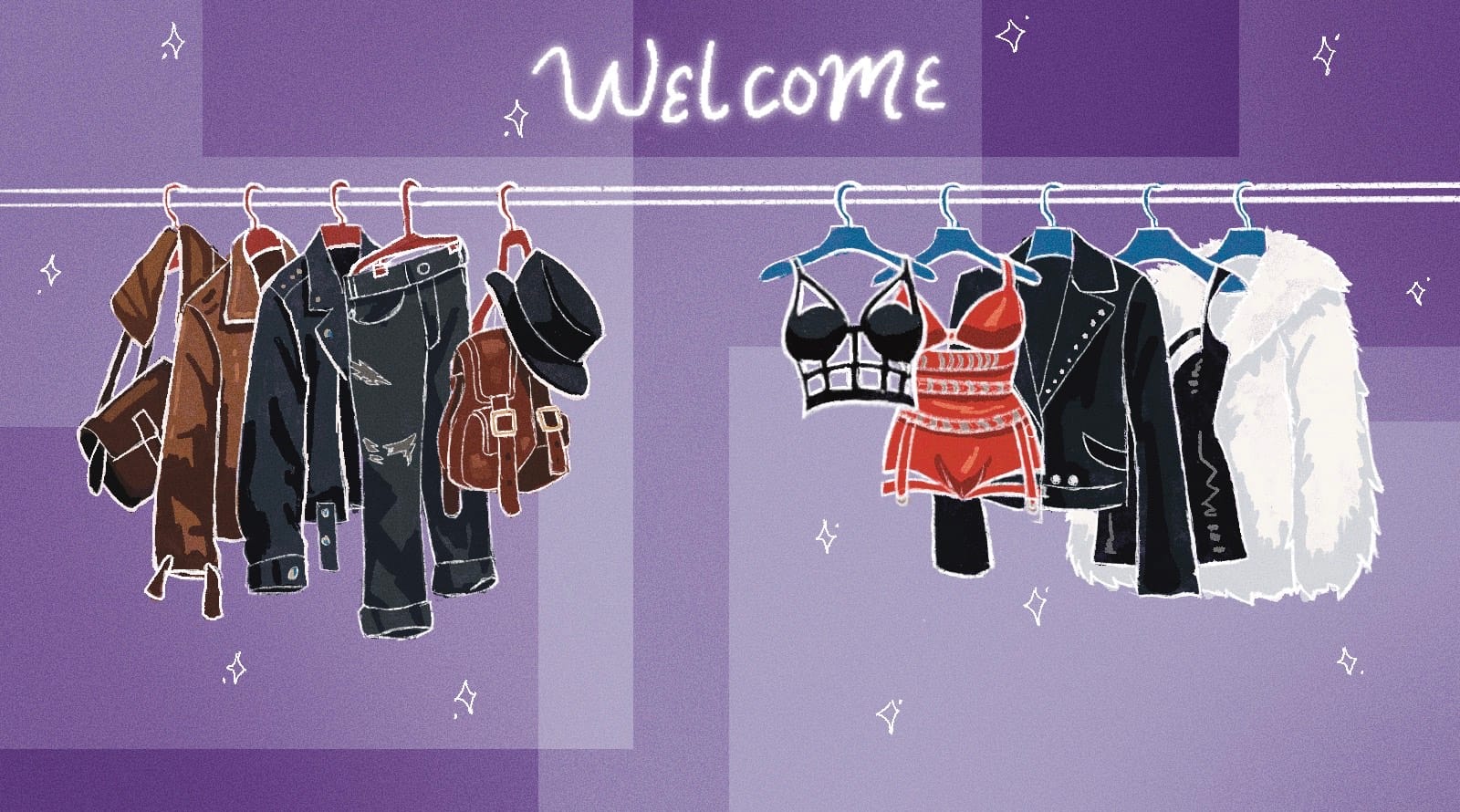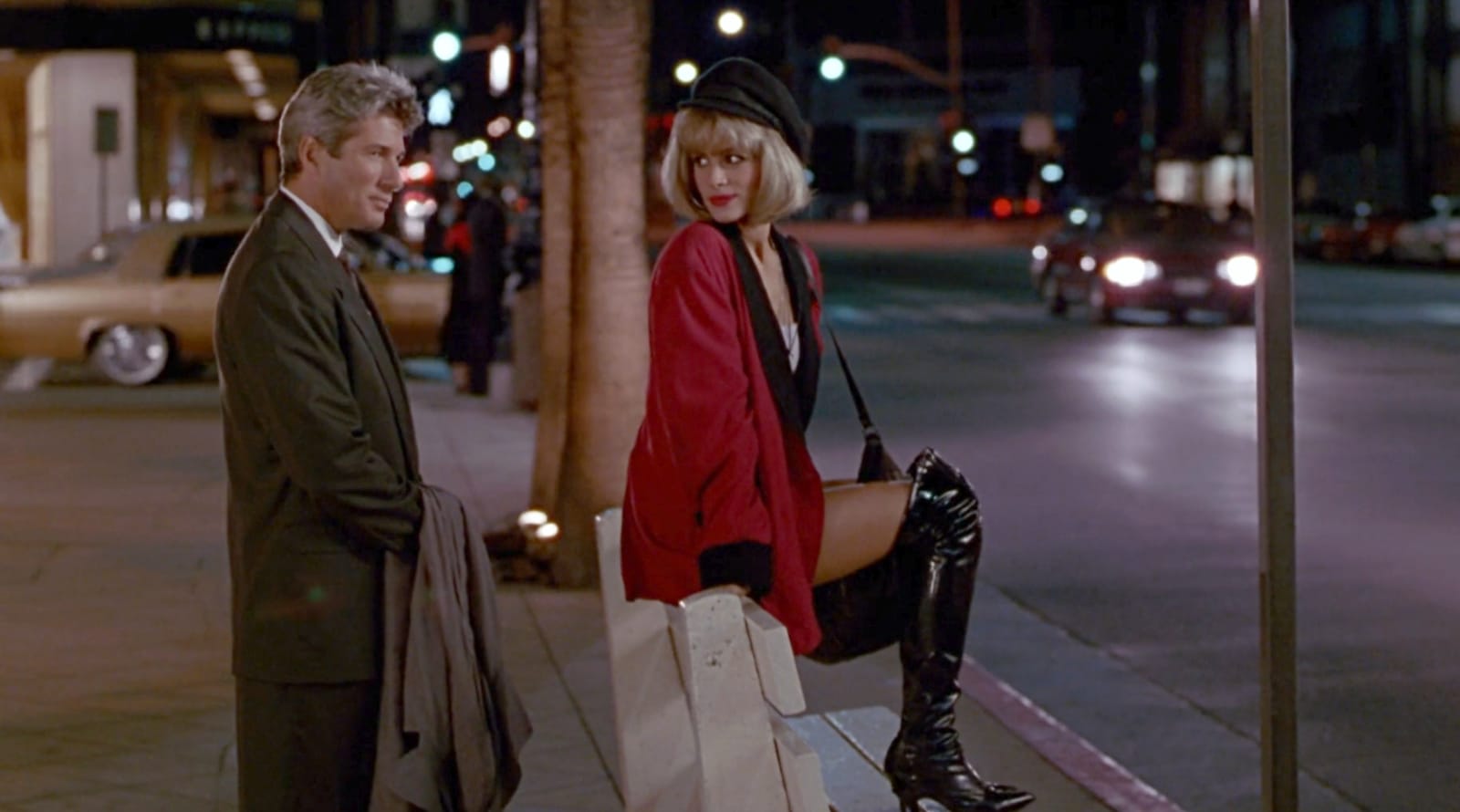Disclaimer: This blog post is chock-full of spoilers. If you haven’t watched ‘The Menu’ yet, book your favorite companion and rush off to a movie theater or cozy couch with HBO+ near you and do so now. I’ll wait.
I’d been reading rave sub-280 character reviews for weeks, nay months, before I finally sat down to watch ‘The Menu.’ I’d been on a show kick, favoring ‘The White Lotus’ and ‘Abbott Elementary’ over movies. Adding to that, I’m not ordinarily a horror fan. Even the gorgeous Anya Taylor-Joy couldn’t tempt me to sign up for an evening of terror.
Long story short, I finally watched ‘The Menu.’ It sucked me in from the opening scene and it didn’t let me go until Taylor-Joy’s final bite of cheeseburger as the eerie background music crescendoed.
The best entertainment, whether it’s a light-hearted lark or a dark, twisting thriller, should make you think. ‘The Menu’ did exactly that, serving perfectly plated fodder for discussion in a setting that calls to mind Blue Hill at Stone Barns.
‘The Menu’ may have been filmed in Georgia, but Hawthorn echoes Blue Hill in a number of ways. Its dinner is a lengthy experience, stretching over 4 hours and 25 minutes. A Blue Hill at Stone Barns visit takes around 5 and a half hours. Both Blue Hill at Stone Barns and Hawthorn are in remote locations, forcing diners to travel out of their way to partake. And while Hawthorn’s dinner sets diners back multiples of Blue Hill’s already-steep fixed price, both meals are not for the frugal and do not allow gratuities.
I draw all these comparisons because Blue Hill at Stone Barns enjoyed its moment as a favorite date location for clients and their chosen companions. In the opening scene of ‘The Menu,’ audiences get their first hint that Taylor-Joy’s Margot isn’t a traditional girlfriend when she alludes to the meal’s exorbitant fee as ‘you’re paying for it.’
For those who didn’t catch on then, the film drops another hint early on in the dining experience. Margot exasperatedly exclaims that Tyler, her date, is paying for a service and whether the service provider likes him or not is irrelevant. Spend any time on sex worker reddit and that will echo as a common refrain - sex workers are forever bemoaning the common client obsession with producing a genuine (seeming) orgasm in their provider. This pointless pursuit is futile not only because all it does is push sex workers to perfect real-seeming fake orgasms, but also because sex workers are not judging the quality of a date by the presence or absence of an orgasm.
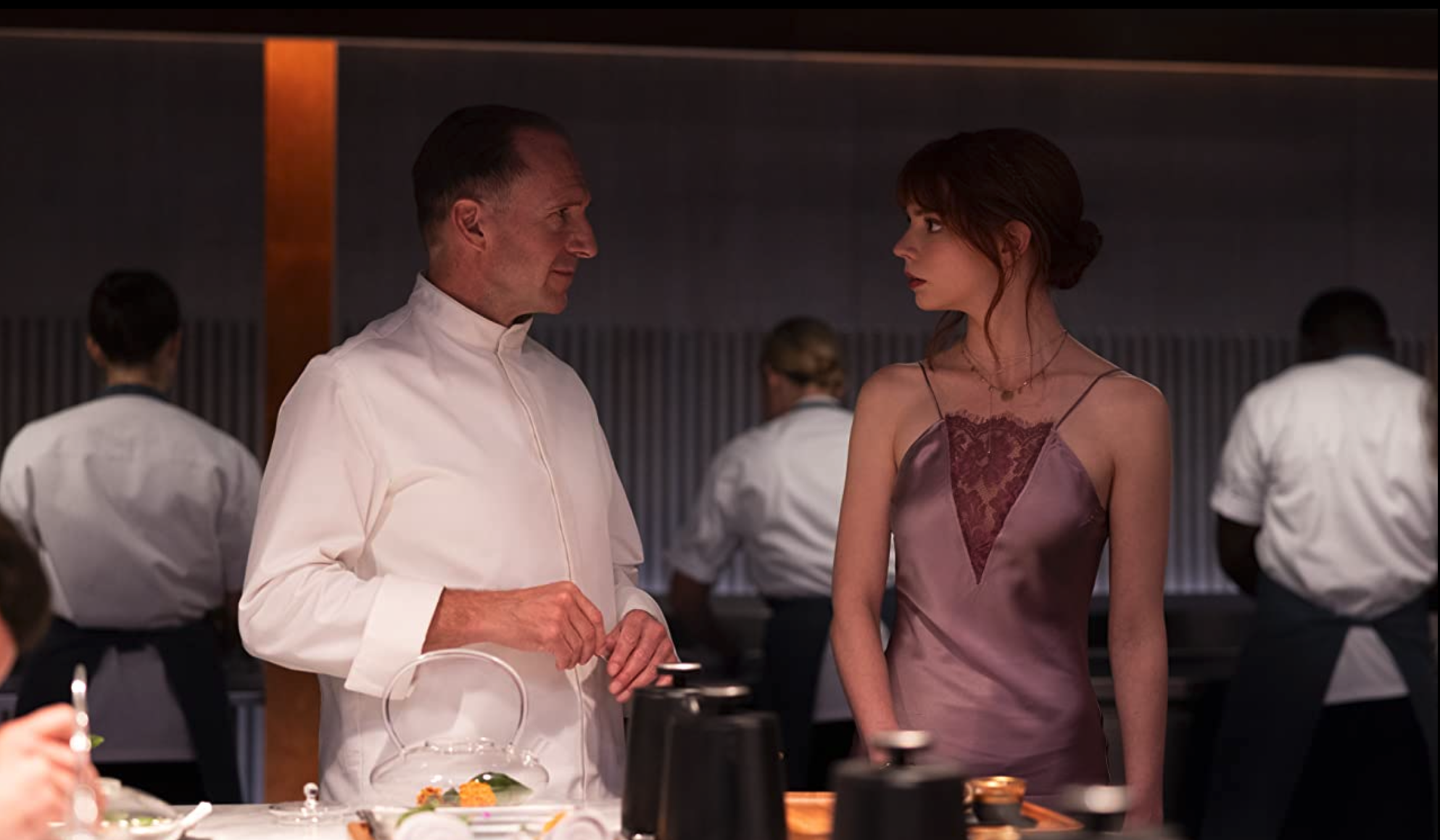
And this, indeed, is the crux of the film. The elite are so absorbed in themselves that they are incapable of cueing into the true needs and wants of others. Towards the end of the film one of the finance bros begs the chef to ‘name a number,’ completely missing that money has no worth to someone whose madness has driven him to the point of homicidal suicidal ideation.
There is a certain type of client, or more often a certain type of fantasy booker, who is like this obtuse finance bro. This type of person sends email after email asking about a provider’s fantasies because he wants to please her - but only fantasies that align with what arouses him. He doesn’t want to hear about her dreams of financial security, about multi-hour chatty strolls on a tropical beach or cuddly evenings in with movies and paying for grad school completely loan free. He wants to force fantasies upon her of fisting, aggressive yeast-infection-inducing cunnilingus, and other ‘sexy’ things that the girls of porn go ga-ga over… because that’s what will turn him on.
There is another type of client who is happy to receive pleasure from a companion and doesn’t force her to perform the same. This client takes what he wants and gives what she wants, understanding that the platinum rule supersedes the golden rule. We shouldn’t treat others the way we want to be treated, we should treat others the way they want to be treated.
Margot understands this, either thanks to lessons from her time as a sex worker or due to the same interpersonal skills that made her choose sex work.
In an inversion of the dated ‘dead hooker’ trope in film, a dehumanizing device that drives home the point that society considers sex workers as disposable un-women, it is Margot’s sex work, and the lessons learnt from it, that saves her life as the sole survivor of ‘The Menu.’
Sex workers do more than dole out orgasms. We create space for our clients to be seen and we do our best to see them. We look for their deeper needs, beyond just a desire for release, and we do what we can to meet those needs. We provide therapy. We humanize, we re-spark our clients’ inner light.
Margot recognizes the mad chef’s true need in a single photograph of him happily flipping a cheeseburger. She uses that puzzle piece, and what she has learned about him from several hours of observation over the course of the lengthy dinner, to give him what he needs: the chance to reconnect with his original passion, outside of chasing approval and culinary prestige. She was able to do that because that’s the sort of thing we do every time we have an extended booking with a client.
In its whole ‘The Menu’ was a beautifully thought-provoking, chilling work of art. I have many more thoughts about it, including on the value of currency in times of crisis (shout out to 2020) and the importance of consent in kink (while what bothered Margot wouldn’t bother me as a play scenario, providers are people and all have different comfort levels with taboo - ask before you take someone somewhere they don’t want to go).
There isn’t space in this article to touch on all the topics I’d like to, but I invite you to take this conversation with you and continue it with the sex workers in your life. As a final takeaway, I will argue that ‘The Menu’ champions extended dates - if you want to be truly seen, if you want your deeper needs to be met, then you must allow enough time for discovery. Margot was able to unlock the chef over the course of a multi-hour dinner, but she hadn’t figured him out in just the first hour. Book longer dates.
That’s all folks.

